As part of the new legislation, dog owners must also have a certificate from the database provider to prove that the dog is properly microchipped and registered. Dog owners must also keep their contact details up to date and register any change of contact details or change of ownership on the database.
National Microchipping Month has been moved to March this year to help raise awareness amongst dog owners and breeders about the new legislation. Microchipping of puppies has been compulsory since September 2015.
Dog owners across the country can avail of free microchipping at over 200 participating veterinary practices as part of Microchipping Month, supported by FIDO and Dogs Trust and available on a ‘first come, first served’ basis. A list nationwide list of participating vets is available from the Dogs Trust website.
Animal welfare benefits
It is hoped that the compulsory microchipping of dogs and new certification of the microchipping process with an authorized database such as www.fido.ie will have big animal welfare benefits, both for dogs and for farm animals, such as sheep and cattle.
The benefits for farmers include being able to trace the dog back to its owner if the animal is found wandering loose near livestock.
And, if in the event that the farmer is not able to prevent an attack but is able to catch the dog afterwards, he or she will be able to make the owner of the dog liable for loss of the livestock.
However, speaking to the Irish Farmers Journal about a recent attack on pregnant ewes and lambs in Co Wicklow, Rathvilly community alert chair William Burgess said he believes “the new law will be no use unless it is policed and people are checked up on”.
Local authorities, the Department of Agriculture and An Garda Síochána are responsible for enforcing the new laws surrounding micro-chipping.
Related stories
15 ewes savaged by dogs in Wicklow
As part of the new legislation, dog owners must also have a certificate from the database provider to prove that the dog is properly microchipped and registered. Dog owners must also keep their contact details up to date and register any change of contact details or change of ownership on the database.
National Microchipping Month has been moved to March this year to help raise awareness amongst dog owners and breeders about the new legislation. Microchipping of puppies has been compulsory since September 2015.
Dog owners across the country can avail of free microchipping at over 200 participating veterinary practices as part of Microchipping Month, supported by FIDO and Dogs Trust and available on a ‘first come, first served’ basis. A list nationwide list of participating vets is available from the Dogs Trust website.
Animal welfare benefits
It is hoped that the compulsory microchipping of dogs and new certification of the microchipping process with an authorized database such as www.fido.ie will have big animal welfare benefits, both for dogs and for farm animals, such as sheep and cattle.
The benefits for farmers include being able to trace the dog back to its owner if the animal is found wandering loose near livestock.
And, if in the event that the farmer is not able to prevent an attack but is able to catch the dog afterwards, he or she will be able to make the owner of the dog liable for loss of the livestock.
However, speaking to the Irish Farmers Journal about a recent attack on pregnant ewes and lambs in Co Wicklow, Rathvilly community alert chair William Burgess said he believes “the new law will be no use unless it is policed and people are checked up on”.
Local authorities, the Department of Agriculture and An Garda Síochána are responsible for enforcing the new laws surrounding micro-chipping.
Related stories
15 ewes savaged by dogs in Wicklow




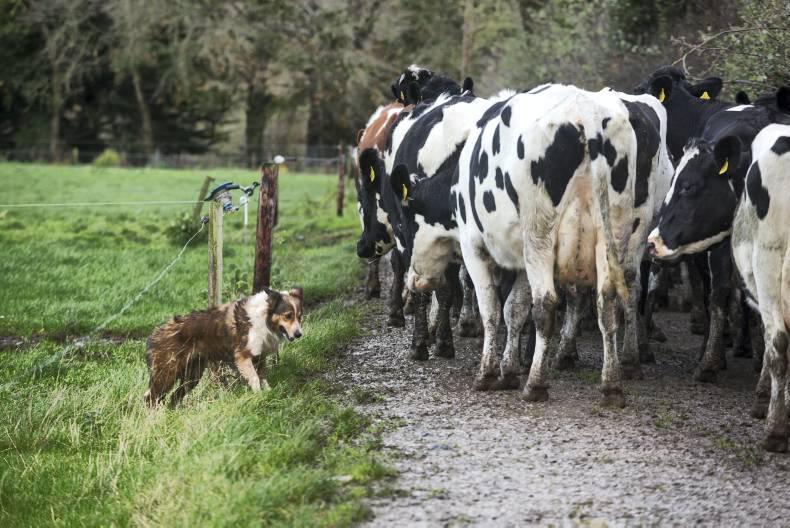
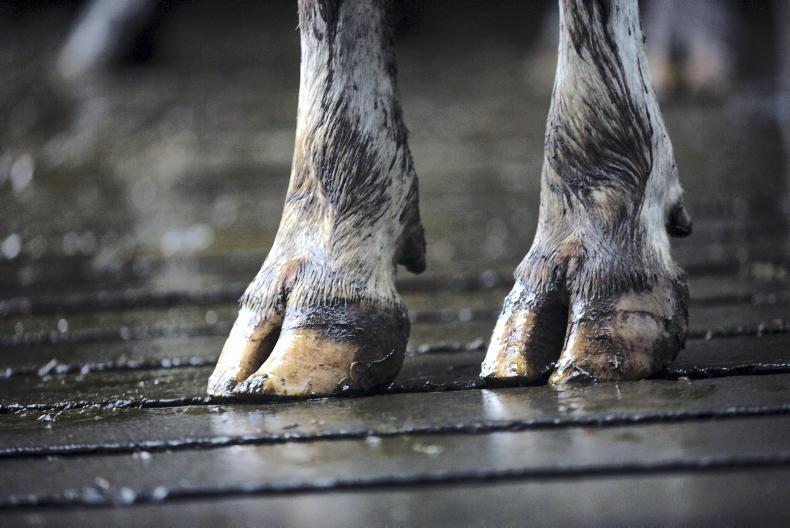

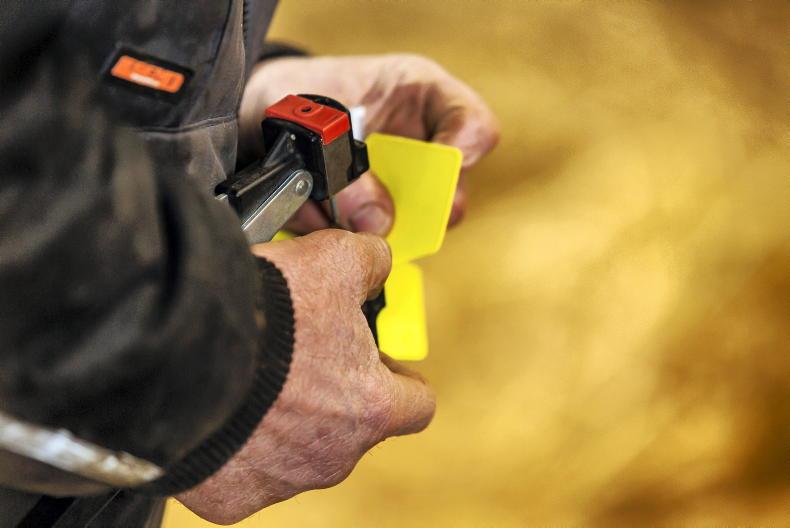
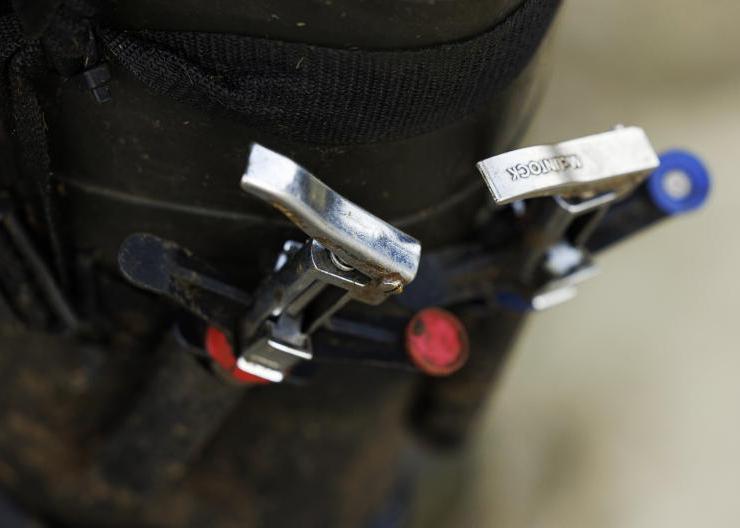
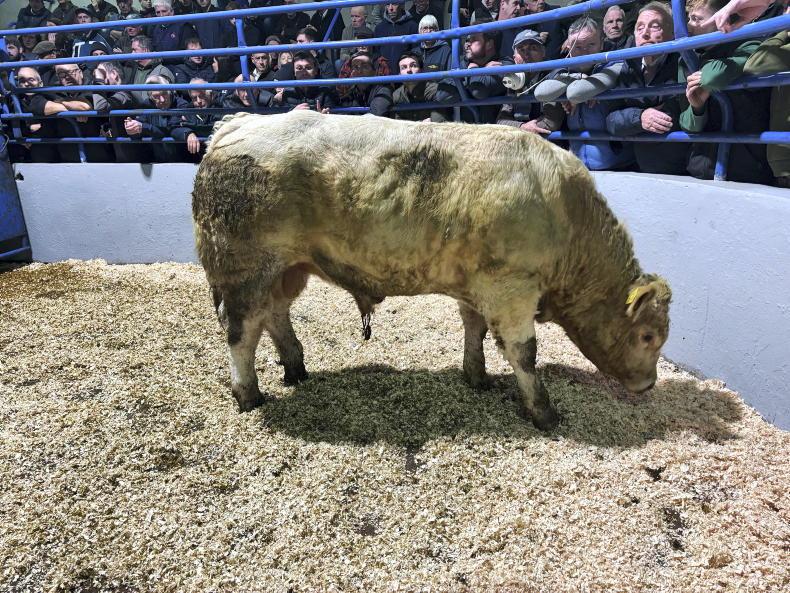
SHARING OPTIONS